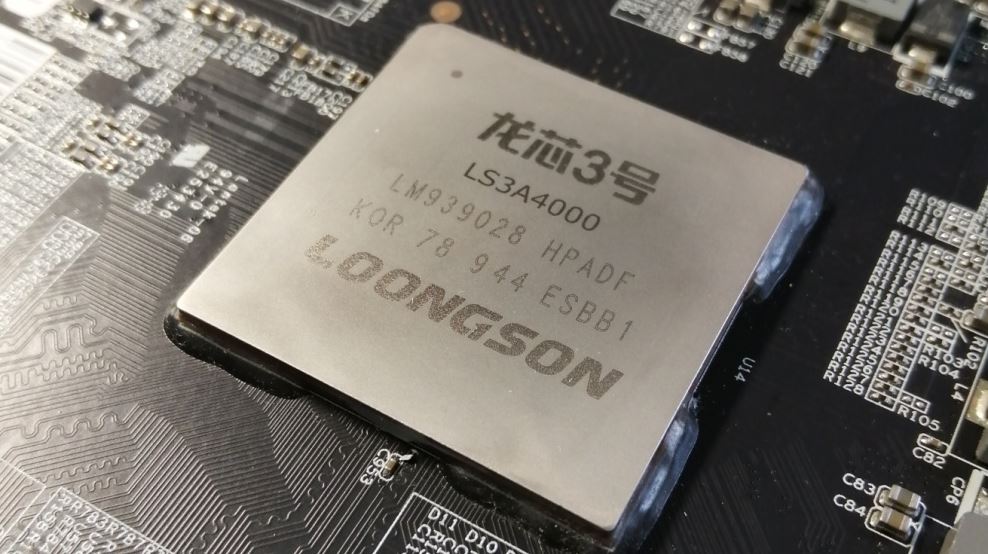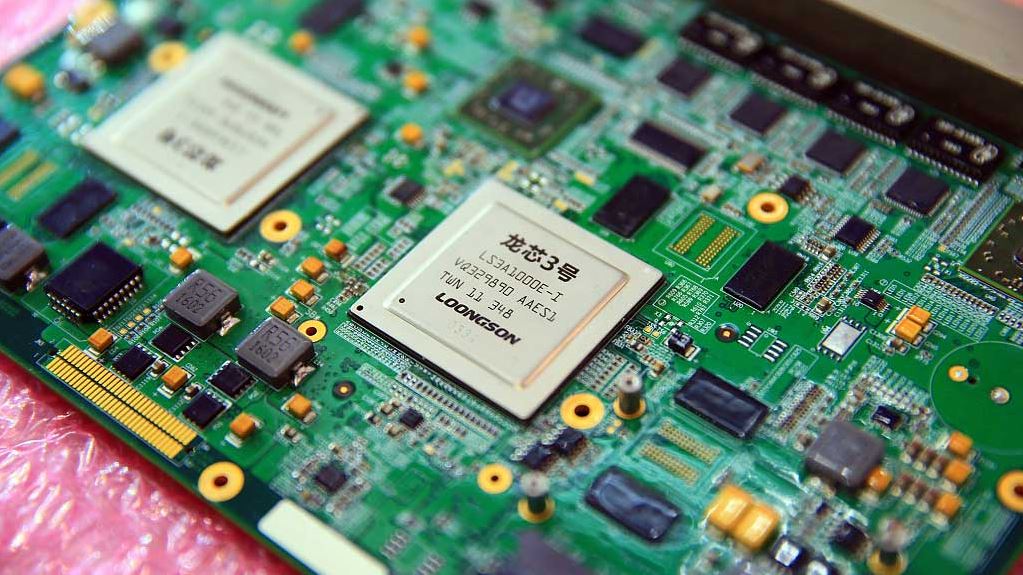According to a report by Wccftech, Chinese CPU manufacturer Loongson informed investors on the Shanghai Stock Exchange that the 3C6000 processors are on schedule and should be released in the coming quarter. In initial tests, the architecture showed impressive performance per clock (IPC). However, due to the relatively low clock frequency, the chip could not fully compete with the latest CPUs from AMD, Ampere, Apple, and Intel.
Please follow us on Twitter and Facebook
Loongson is using a chiplet design with a chip-to-chip connection called Loongson Coherent Interconnect. This connection is electrically compatible with PCI Express. The manufacturer describes it as having a cache-coherent transmission protocol. It is unclear from the slides whether this means permanent coherence or just the ability to access caches from other chiplets.
The Loongson 3C6000’s RAM is connected via a quad-channel interface. It does not support DDR5, but instead uses the older DDR4-3200 standard. At launch, there will be CPUs with one chiplet and 16 cores, followed by models with 32 and 64 cores on up to four dies. A model with 128 cores is also planned, which would put the manufacturer on par with some current server processors from AMD and Intel.
New Models Next Year

Since the Loongson 3A5000, the manufacturer has been using a specially developed architecture called Loongarch with its own instruction set. Previous generations used the Loong-ISA (Instruction Set Architecture), which was based on MIPS64. This in-house development also requires its own software libraries and compilers, which the Chinese government supports.
The next desktop processors are expected to be released in 2025, likely as the Loongson 3A7000. If the manufacturer can increase the clock speed, it could compete with newer processors from Intel and AMD in some benchmarks. However, the gap to the fastest models is likely to remain large because Loongson does not have access to the advanced manufacturing processes used by Intel, Samsung, and TSMC due to trade restrictions imposed by the USA.





